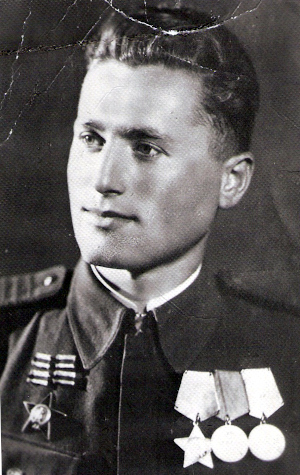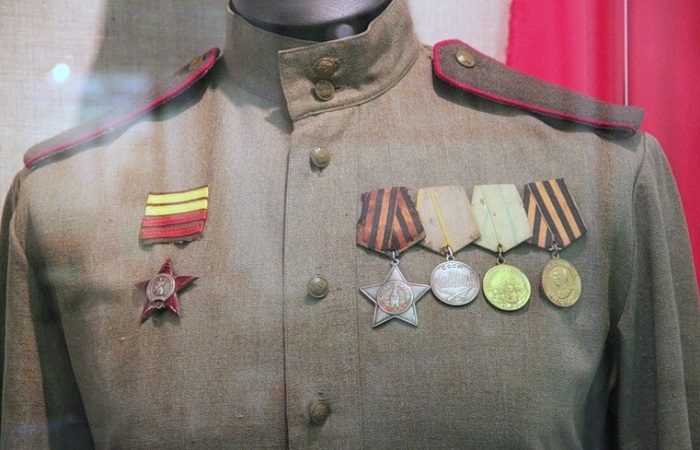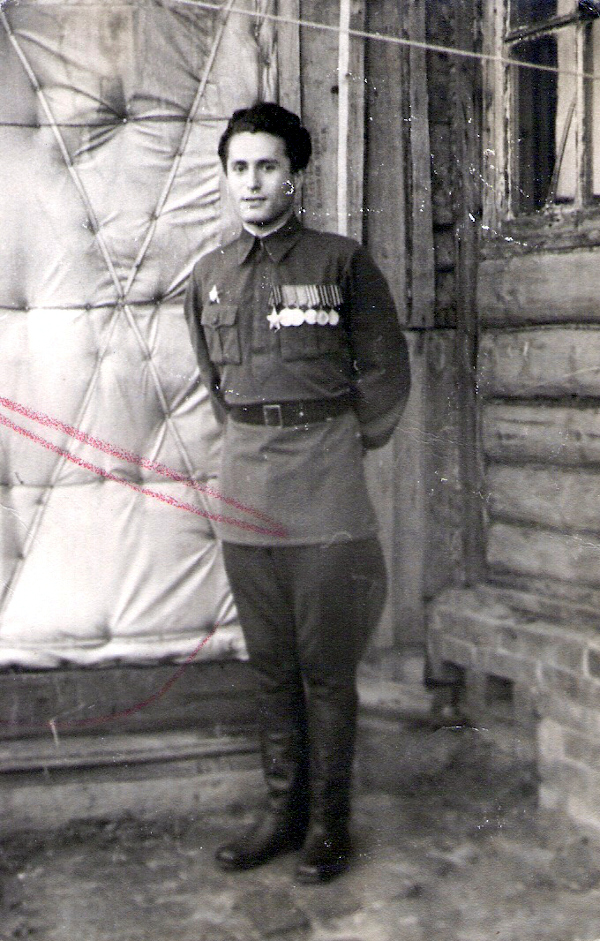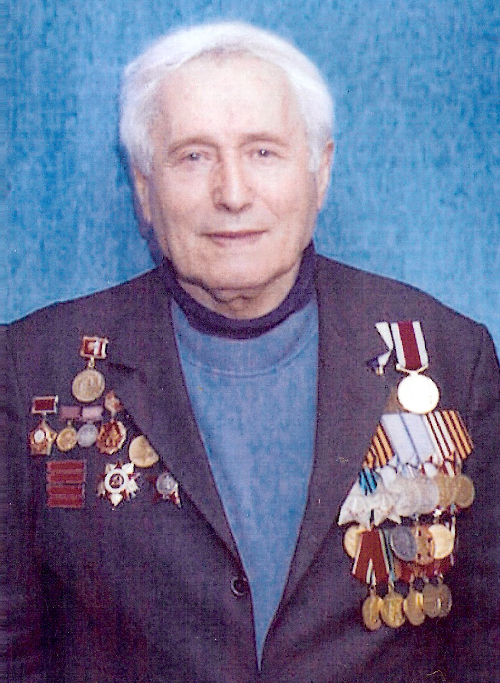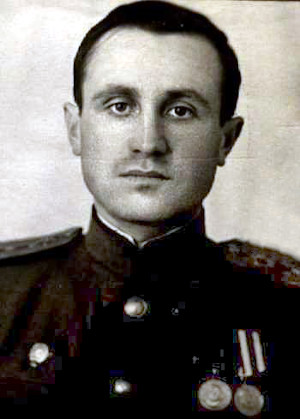In modern Russian and West history political comissars considered as bad idea. Same time them considered as bad soldiers and bad people.
I read very many memoirs and my own impression below:
Political comissars were most motivated and millitary educaded officers in Red Army in 1941. Many times they divided units with commanding officer helping him to command. They were personally brave and participated directly in battlefield. I almost didn't read bad about them from soldiers fought in 1941. For example:
Today publicated firstly memoirs from Grigoriy Lazarevich Bruk.
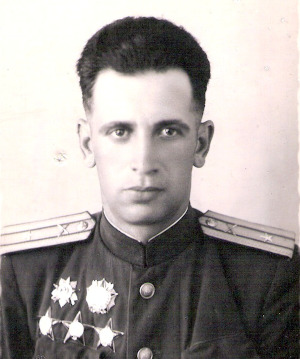
He was soldier in 1941. His opinion about comissars in 1941:

Google translation:
"There is one factor I must mention. The millitary school had excellent politruks, commissars who knew how to convince and raise morale, and set up for battle. By the way, the entire political staff of the school went into attacks with the cadets, and, as far as I know, none of our commissar survived."
So they were good professional officers and patriots. Most from them died in battles in 1941-1942. Small part survived. I do not think that many survived were
bests ones. After reforms in 1943 most millitary educated comissars fastly reeducated in commanding officers (time of educations 1-2 months). So Red army was whitout millitary educated comissars (low and middle level officers) by 1943.
Commissars in Red army in 1943-1945 were political workers from civil life. They weren't millitary educaded and couldn't fight properly. So most from them prefered to do political agitation and return in staff leaving battlefield and trying survive. Most survived soldiers of Red army are soldiers of 1943-1945. So they had very bad impression about commisars. Same impression is main in history. Same time commisars in 1941-1942 and commisars in 1943-1945 are completely different peoples.
Commisars of 1941:
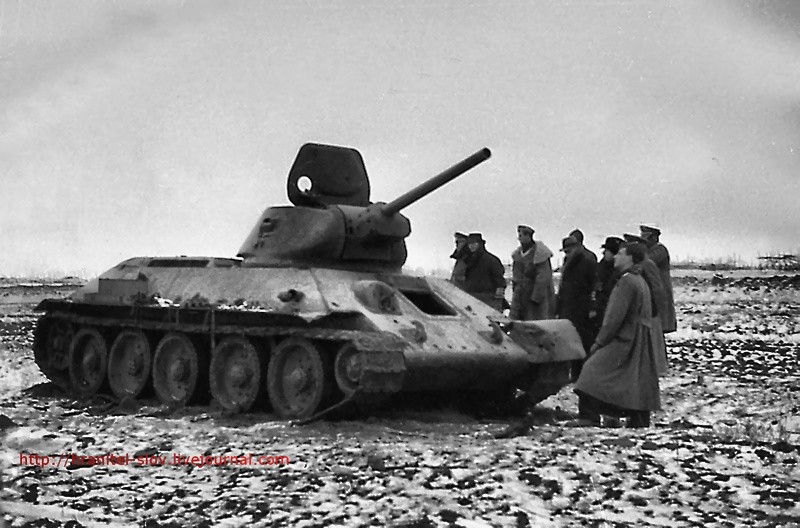
Tank of Battalion commisar Heifez Abraam Hileevich. KIA 06.10.1941 near Mzensk.

In this battlefield German 35 tank regiment lost 10 tanks.
Red army lost 6 tanks T-34.
I read very many memoirs and my own impression below:
Political comissars were most motivated and millitary educaded officers in Red Army in 1941. Many times they divided units with commanding officer helping him to command. They were personally brave and participated directly in battlefield. I almost didn't read bad about them from soldiers fought in 1941. For example:
Today publicated firstly memoirs from Grigoriy Lazarevich Bruk.

He was soldier in 1941. His opinion about comissars in 1941:

Интервью с ветераном ВОВ Григорий Брук: на войне от звонка до звонка - Артиллеристы | Я помню
На четвертый день в атаку в пешем строю послали всех кого смогли набрать по тылам: артиллеристов, ездовых, саперов, связистов, обозников, штабную челядь вместе с «придурками», и все равно – бесполезно. От нашего дивизиона послали в первую цепь атакующих все взводы управления, часть орудийной прислуги и...
iremember.ru
Google translation:
"There is one factor I must mention. The millitary school had excellent politruks, commissars who knew how to convince and raise morale, and set up for battle. By the way, the entire political staff of the school went into attacks with the cadets, and, as far as I know, none of our commissar survived."
So they were good professional officers and patriots. Most from them died in battles in 1941-1942. Small part survived. I do not think that many survived were
bests ones. After reforms in 1943 most millitary educated comissars fastly reeducated in commanding officers (time of educations 1-2 months). So Red army was whitout millitary educated comissars (low and middle level officers) by 1943.
Commissars in Red army in 1943-1945 were political workers from civil life. They weren't millitary educaded and couldn't fight properly. So most from them prefered to do political agitation and return in staff leaving battlefield and trying survive. Most survived soldiers of Red army are soldiers of 1943-1945. So they had very bad impression about commisars. Same impression is main in history. Same time commisars in 1941-1942 and commisars in 1943-1945 are completely different peoples.
Commisars of 1941:

Tank of Battalion commisar Heifez Abraam Hileevich. KIA 06.10.1941 near Mzensk.

In this battlefield German 35 tank regiment lost 10 tanks.
Red army lost 6 tanks T-34.
Last edited:
- 4
- 3




